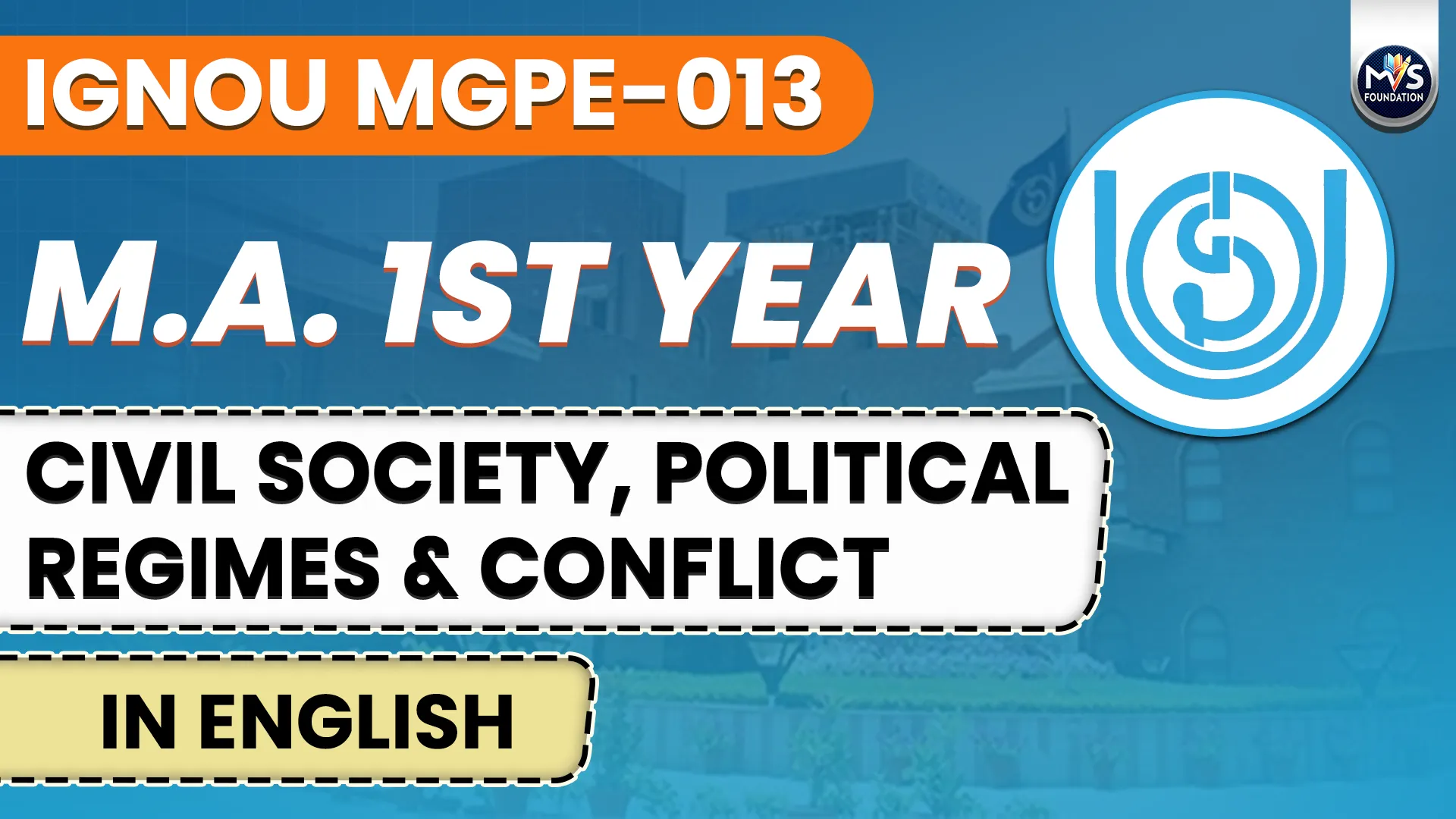
Get in Touch
We will get back to you within 24 hours.
Welcome to MVS Blog

1. Describe the role of United Nations in the establishment of global peace.
Answer-
Introduction
The United Nations was created in 1945, following the devastation of the Second World War, with one central mission the maintenance of international peace and security. The UN accomplishes this by working to prevent conflict, helping parties in conflict make global peace, deploying peacekeepers, and creating the conditions to allow peace to hold and flourish. These activities often overlap and should reinforce one another, to be effective. The UN Security Council has the primary responsibility for international peace and security. The General Assembly and the Secretary-General play major, important, and complementary roles, along with other UN offices and bodies. These members are the United States of America, France, Britain, China and Russia.
Meaning of global peace
World peace is an idea of a world without violence, where nations try to work with each other. World peace could mean equal human rights, technology, free education for everyone, engineering, availability of medicine, diplomats and/or an end to all forms of fighting.
Role of United Nations in the establishment of global peace.
Peacekeeping
Peacebuilding Activities
the deployment of a multi-dimensional United Nations peacekeeping operation may help to stem violence in the short-term, it is unlikely to result in a sustainable peace unless accompanied by programmes designed to prevent the recurrence of conflict. Every situation invariably presents its own specific set of challenges. However, experience has shown that the achievement of a sustainable peace requires progress in at least four critical areas:
1. Restoring the State's ability to provide security and maintain public order,
2. Strengthening the rule of law12 and respect for human rights;
3. Supporting the emergence of legitimate political institutions and participatory processes;
4. Promoting social and economic recovery and development, including the safe return or resettlement of internally displaced persons and refugees uprooted by conflict.
Peace enforcement
Peace enforcement involves the application, with the authorization of the Security Council, of a range of coercive measures, including the use of military force. Such actions are authorized to restore international peace and security in situations where the Security Council has determined the existence of a threat to the peace, breach ofthe peace or act of aggression. The Security Council may utilize, where appropriate, regional organizations and agencies for enforcement action under its authority.
functions of a multi-dimensional United Nation's peacekeeping operation are to:
1. Create a secure and stable environment while strengthening the State's ability to provide security, with full respect for the rule of law and human rights.
2. Facilitate the political process by promoting dialogue and reconciliation and supporting the establishment of legitimate and effective institutions of governance;
3. Provide a framework for ensuring that all United Nations and other international actors pursue their activities at the country-level in a coherent and coordinated manner.
Conclusion
The UN has helped end conflicts and foster reconciliation by conducting successful peacekeeping operations in dozens of countries, including Cambodia, El Salvador, Guatemala, Mozambique, Namibia and Tajikistan.
If you enjoyed this blog, click on the emoji below to share your feedback. Also, if you have any questions or suggestions related to this blog, do let us know.
For the latest updates and educational content, visit our YouTube channel Manish Verma Official and our website www.mvsfoundation.in.
Because wherever the roads haven’t reached, we will deliver education there.
0 Response